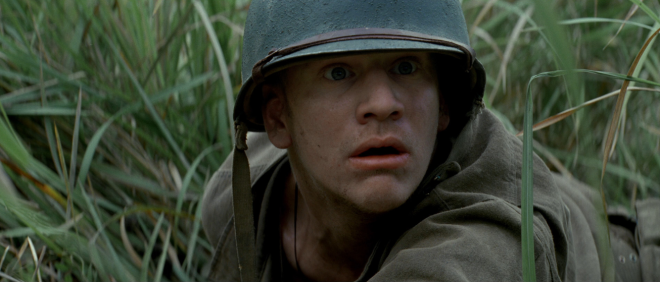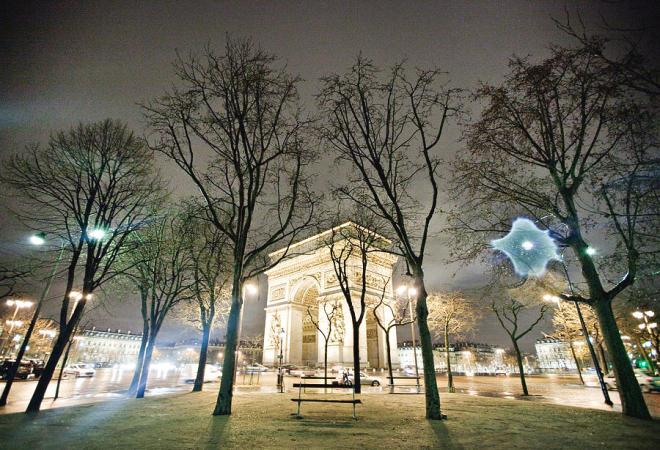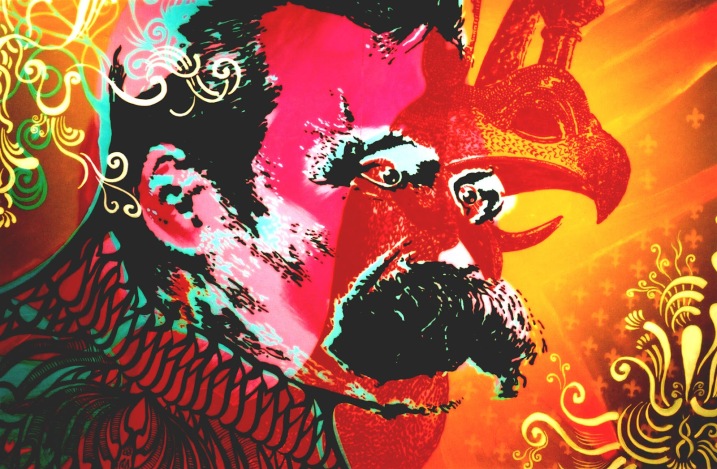A new species of philosopher is appearing: I venture to baptize these philosophers with a name not without danger in it. As I divine them, as they let themselves be divined – for it pertains to their nature to want to remain a riddle in some respects – these philosophers of the future might rightly, but perhaps also wrongly, be described as attempters. This name itself is in the end only an attempt and, if you will, a temptation.
–Friedrich Nietzsche
Martin Heidegger (1888-1976) and Michel Foucault (1926-1984) are two of the most important philosophers in the history of twentieth century European thought. There is clearly much that divides them. Heidegger devoted his life to a single question, the question of being. Foucault was mercurial in the transformability of his questions, which ranged from madness, literature, discourse and knowledge, to power, sexuality, ethics and truth (roughly in this order). Heidegger was a political conservative – notoriously, a member of the Nazi Party through the 1930s and until the end of the war. Insofar as Foucault can be positioned anywhere on the political spectrum, he is most accurately associated with the anarchist left. Heidegger was a thinker of primordial origins and world-historical recommencements, and saw the present as a unique moment in time in which history has come to an end and stands the chance of beginning anew. Foucault defended a Nietzschean genealogical approach to history that emphasizes radical historical breaks while refusing to assume that the present is any more significant than yesterday or tomorrow.
Given these and other differences, it is hard, on the face of it, to see how Foucault and Heidegger might be related in the manner suggested by the title of this post. It seems improbable that there would be any relationship between these philosophers at all. The fact remains, however, that in his final interview, in 1984, Foucault claimed that Heidegger was an ‘essential philosopher’ for his work. This statement took Foucault scholarship by surprise. Foucault is usually seen as France’s primary Nietzschean export. While Foucault concedes that Nietzsche was ultimately the most important philosopher for his work, he insists that his ‘whole philosophical development’ was determined by his reading of Heidegger. Foucault’s final remarks on Heidegger have provoked much disagreement among readers of Foucault. Many readers prefer to ignore these remarks entirely. Those relatively few attempts to productively engage the question of Foucault’s debt to Heidegger have produced little by way of conclusion and much in the manner of debate.
This post will not attempt to close these debates. Rather, it seeks to place them on a new footing. Foucault and Heidegger’s work, I argue, reflects a common vision of philosophy as a transformative exercise. To understand Foucault’s debt to Heidegger, we need to read these philosophers on the level of transformative practice. [Read more…]









